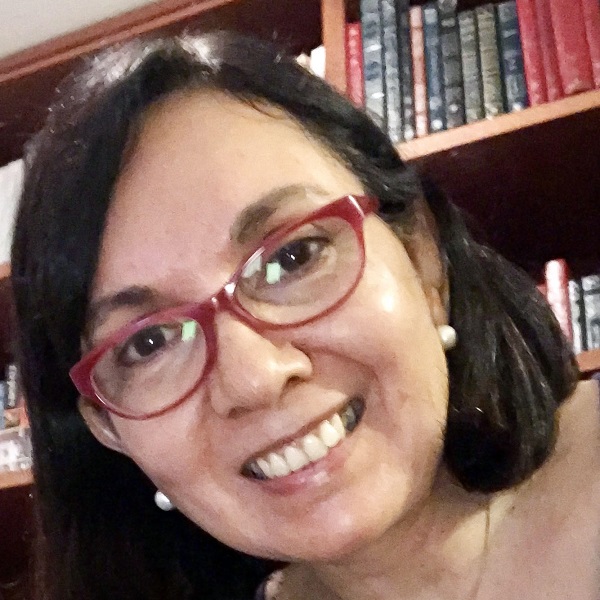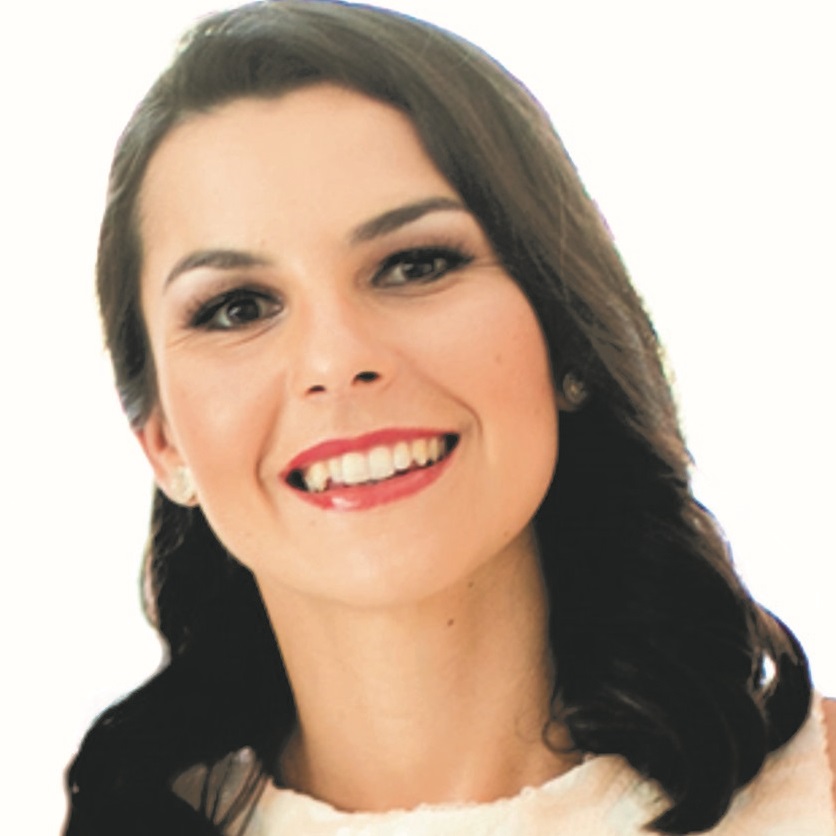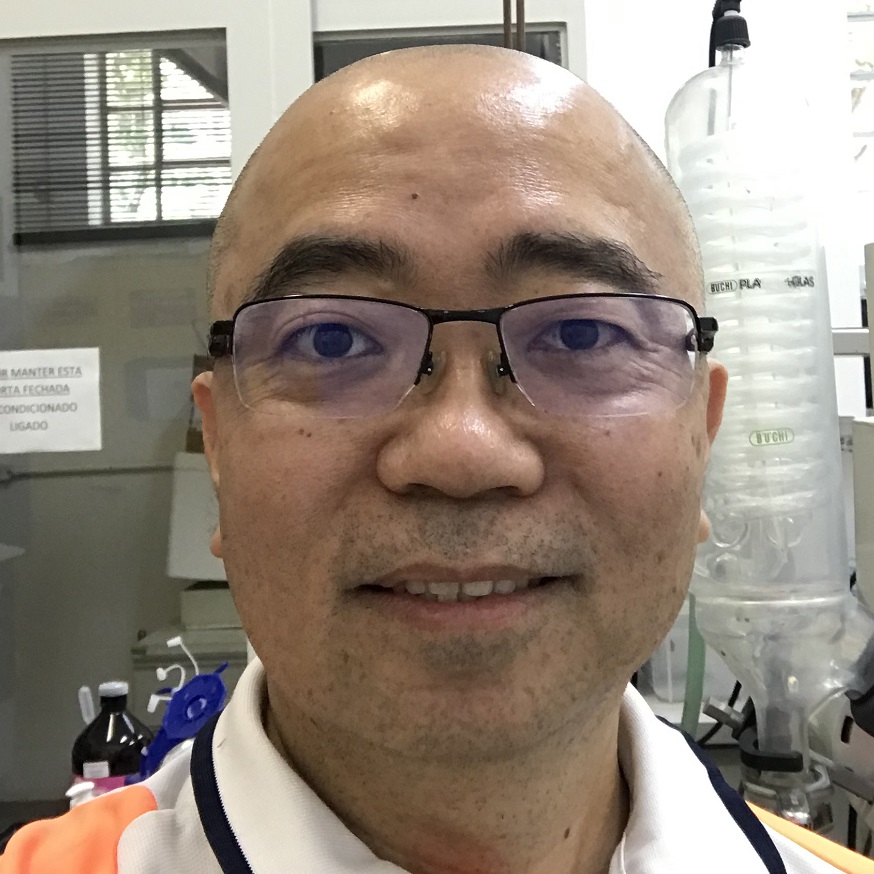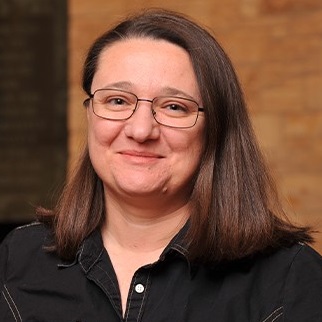


On behalf of the Center of Toxins, Immune-Response and Cell Signaling (CeTICS) it is a great
pleasure to announce the “VI CeTICS Symposium - From Proteomics to Systems Biology”.
We aim to promote discussions on proteomic approaches applied to studies of systems biology,
in addition to addressing topics on bioinformatics and data integration. Hopefully, the
symposium will foster new ideas and collaborations in the field of proteomics and systems
biology.
The symposium will be virtually hosted by Butantan Institute, on November 11 th , 2021. It will be
held in English and will feature the participation of renowned national and international
researchers in the area.
The Center of Toxins, Immune-Response and Cell Signaling (CeTICS) is a research organization
based at Butantan Institute in São Paulo, Brazil, dedicated to the study of animal toxins. It was
established by the São Paulo State Research Foundation (FAPESP) in 2013 to stimulate research,
disseminate knowledge, and promote interaction between science and industry.




Oliver Schilling is a Heisenberg Professor for Translational Proteomics at the University Medical Center, Freiburg, Germany. He has studied biology and biochemistry in Germany and France and pursued his PhD at the European Molecular Biology Laboratory, EMBL, followed by post-doctoral training with Prof. Dr. Christopher Overall, Vancouver, Canada. In 2008, Oliver established his own laboratory at the University of Freiburg, Germany, founded by the Emmy-Noether program of the German Research Council and a Starting Grant of the European Research Council. Since 2018 he holds a Heisenberg Professorship for Translational Proteomics at the Institute of Surgical Pathology, Freiburg. His research aims to harness the power of mass spectrometry based proteomics for molecular pathology and to better understand the function of proteolytic signaling.

Grazi Ronsein got her PhD in biochemistry at the Biochemistry Department - USP in 2008. In 2011, she concluded her first postdoctoral training also at Biochemistry Department - USP, in conjunction with the University of Otago, Christchurch, New Zealand. Her last postdoctoral work was performed at the Department of Medicine, University of Washington, Seattle. Since 2015, she has been a professor at the Biochemistry Department, USP. Her research group works with proteomics of inflammatory and oxidative processes, with a special focus on lipoprotein metabolism and its relation to diseases.

Dr. Zelanis is an Assistant Professor of Proteomics and Systems Biology at the Institute of Science and Technology, Federal University of São Paulo (UNIFESP), Brazil. He is the head of the Functional Proteomics Laboratory at UNIFESP. He completed his undergraduate degree in Biology at the Pontifical Catholic University in Curitiba, Brazil; Masters degree in General Physiology and Ph.D in Biochemistry, both at the University of São Paulo. During his Ph.D he performed internships, as a visiting scholar, in Proteomics and Glycomics, respectively, at University of Virginia and University of New Hampshire (USA). In his post-doctoral studies under the supervision of Dr. Solange Serrano (Instituto Butantan, São Paulo, Brazil) and Chistopher Overall (University of British Columbia, Canada), he developed and implemented proteomics and mass spectrometry-based approaches devoted to the study of the repertoire of substrates (degradome) of snake venom proteases. Currently his research interests include the proteomic profiling of protease activities in complex biological matrices, such as liquid biopsies, cell secretomes and cancer tissues, with emphasis on melanoma research.

Dr Rafael Melani is a Research Assistant Professor and the Associate Director of the Proteomics Center of Excellence (PCE) at Northwestern University (Evanston, IL - USA). He earned his Ph.D. degree in Biochemistry (2016) from the Federal University of Rio de Janeiro (Rio de Janeiro, RJ – Brazil) and was a postdoctoral fellow in the same institution from 2016 to 2017. Dr. Melani has extensive experience and training in proteomics (mainly Top-down proteomics), venomics, protein fractionation, mass spectrometry, and native mass spectrometry. Through direct work and fruitful collaborations, he has published over 30 peer-reviewed research papers and book chapters on proteomics, venomics, native mass spectrometry, and charge detection mass spectrometry.

School of Life Sciences, University of Glasgow,
Scotland.
Head of Proteomics at University of Glasgow. His research is focused on
understanding, at the molecular level, the mechanisms by which parasites thrive in the
challenging environments which they encounter. Complex phenotypes such as drug
resistance and virulence are of central relevance in parasitology and are amenable to
global approaches such as proteomics and metabolomics. In recent years, he have
brought these new technologies to bear upon the systems biology of parasites and of
host:parasite interactions. His primary parasite of interest is Leishmania, but he has
also worked extensively with trypanosomes.

Cell Cycle Laboratory, Butantan Institute, Brazil.
Francisca N. L. Vitorino is graduated in Biomedical Sciences (2011-2014).
She got a diploma in Professional Qualification Program in Immunosorology
of public health, Adolfo Lutz Institute (2015), and currently she is a Ph.D
student in the Interunits Graduate Program in Biotechnology (PPIB) of the
University of São Paulo and Butantan Institute. She develops a project aimed
to understand the impact of FGF2 antiproliferative stimulus in tumor cells
using quantitative proteomics.

Koch Research for Integrative Cancer Research at MIT, Boston,
USA.
Forest White is a professor of biological engineering at MIT, a member of the
Koch Institute and a member of the MIT Center for Precision Cancer Medicine.
He earned his bachelor’s degree in chemistry from Framingham State College in
1993, and a doctorate in analytical chemistry from Florida State University in
1997. Following postdoctoral research in bioanalytical chemistry in the laboratory
of Donald Hunt at the University of Virginia, he joined MDS Proteomics, Inc. as a
research scientist working his way up to group leader. Forest White joined MIT in
2003 as an assistant professor and was awarded the Mitsui Career Development
Professorship (2005-2008). In 2010, he received the Ruth and Joel Spira Award
for Excellence in Teaching.

Applied Toxinology Laboratory, Butantan
Institute, Brazil.
Leo K. Iwai received his BSc in Chemistry from São Paulo University and his MSc and PhD in Molecular Biology from Federal University of São Paulo. He developed his postdoctoral studies at Harvard Medical School, Massachusetts Institute of Technology and later at The Institute of Cancer Research in London, UK. Today, he is a research associate at the Instituto Butantan in Brazil applying his expertise in Mass Spectrometry by analyzing the effect of snake and scorpion venoms on cancer cells and brain tissues to find specific targets or pathways that can be modulated in cancer and neuronal disease using the snake venom.

Cancer Research - UK
Dr Claus Jorgensen and his team at the Cancer Research UK Manchester
Institute (link is external) are studying the way pancreatic cancer cells respond
to and communicate with healthy cells surrounding them. He is particularly
interested in the chemical messages that are sent between cells as pancreatic
cancer develops. He is hoping to identify key signals that drive tumour growth
and help the cancer cells to spread around the body.

Stowers Institute, USA.
Head of Proteomics at Stowers Institute for Medical Research Proteomics, scientist
specialized in large-scale applications of liquid-chromatography coupled to tandem
mass spectrometry. Interested in developing cutting-edge quantitative proteomics
tools that can be readily applied to biological questions.